
Research
The research activities of our group are focused on the applications of ultrafast spectroscopy for biological, medical, and environmental research. Since June 2005, we are developing novel experimental schemes to access and control molecular dynamics in biological systems, and to study non-linear phenomena induced by very intense femtosecond lasers.
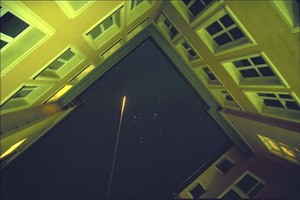
The former group of prof. J.-P. Wolf in Lyon has performed the pioneering work demonstrating the feasibility of long range detection of biological aerosols in the atmosphere, using ultrashort Terawatt pulses. This study was carried out with the TERAMOBILE, the first femtosecond TW laser in the world.
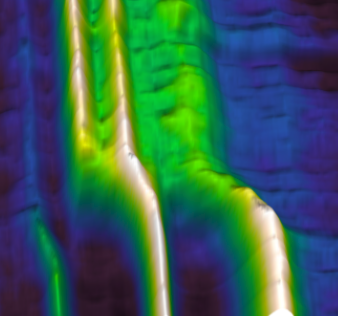
Since 2015, we intend to use Femtosecond Time resolved X ray spectroscopy in the water window to investigate fundamental questions related to physical chemistry.
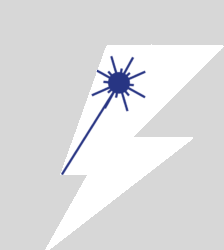
The group is taking part into the Consortium of the project “Laser Lighting Rod” which is financed by the FET-Open (grant agreement No 737033-LLR) fund of the European research funding program Horizon 2020.
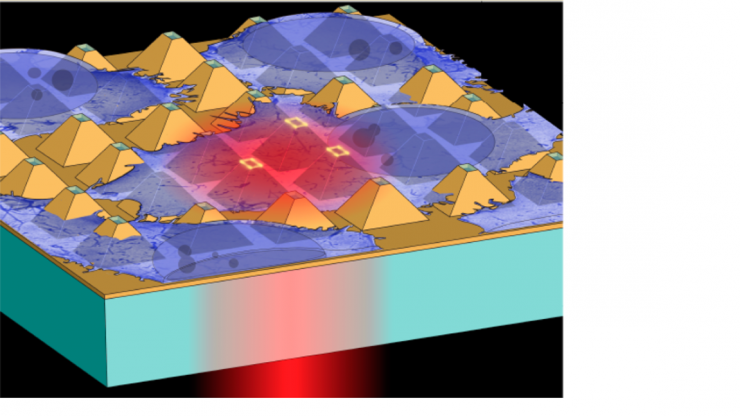
In our research group, we investigate novel methods for optical transfection.

The group has worked many years in optical identification and discrimination of molecules that exhibit nearly identical absorption and fluorescence spectra.
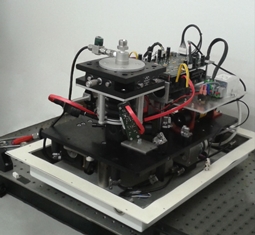
We work on the optical identification of bioaerosols in the atmosphere and its discrimination against combustion related particles.

The aim of this ambitious project is to investigate whether our senses, and especially our vision, are sensitive to purely quantum phenomena, like quantum interferences and photon entanglement.
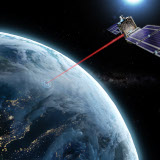
Our group pursues an alternative, active method to achieve FSO through clouds and fog, using ultrashort high-intensity laser filaments3,4. Here the laser filaments opto-mechanically expel the droplets out of the beam and create a cleared channel for transmitting high-bit-rate telecom data at 1.55 μm.
